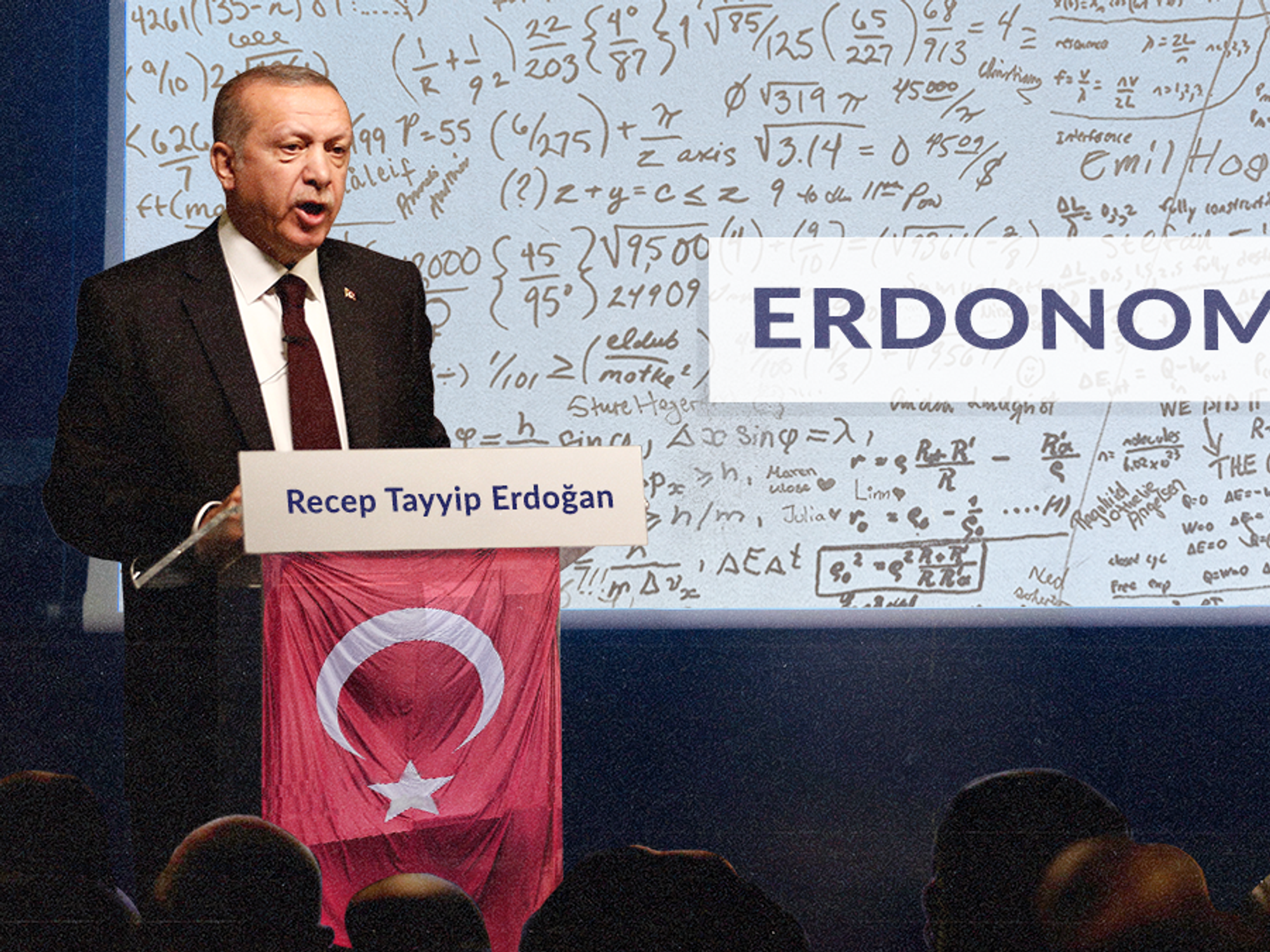UNHCR Türkiye Earthquake Emergency Response (30 March 2023) – Türkiye
RECENT DEVELOPMENTS
Authorities informed, on 27 March, about the government’s ongoing and planned rebuilding efforts for the earthquake-affected region: construction of residences, workplaces, village houses and hospitals have begun, with plans to build 319,000 houses within a year, and a further 14,600 small-scale industrial stores. Government efforts to provide temporary accommodation continue, including through distribution and installation of 525,000 tents and 36,000 containers so far.
On 27 March, schools began gradually reopening in different districts of the earthquake-affected provinces of Malatya, Adıyaman, Kahramanmaraş and Hatay. On 26 March, the Minister of National Education informed the public that 15,000 televisions were installed in containers to enable students in the earthquake zone to follow remote classes.
BACKGROUND
-
Close to 18,200 aftershocks have been recorded since the earthquakes of 7.7 and 7.5 magnitude on 6 February, of which at least 45 were between 5 and 6 on the Richter scale, including one of 5.3 magnitude in Kahramanmaraş as recently as 23 March. The three-month state of emergency remains in place for the 11 provinces directly affected by the earthquakes.
-
According to authorities, over 50,000 people have lost their lives in the earthquakes, of whom at least 6,800 are foreign nationals, most of them Syrians.
The Minister of National Defence, estimates that, as of 27 March, close to 60,000 Syrians have, temporarily, exited to Syria, reportedly to check on family in earthquake-affected areas and attend funerals in Syria, and due to destruction of residencies in Türkiye. -
The Turkish government is leading the response through the Disaster and Emergency Management Authority of Türkiye (AFAD) and provincial governors. The Turkish Red Crescent (TRC), local partners and humanitarian organisations are working alongside AFAD. The Presidency of Migration Management (PMM) is coordinating support to temporary settlements accommodating refugees and members of the host community. The Ministry of Family and Social Services (MoFSS) offers protection and psychosocial services for women, children and other at-risk groups.
-
UNHCR is providing core relief items (CRI) upon the request of the Turkish government, including emergency shelter materials, tents, blankets, hygiene and kitchen items, solar lamps, heaters and winter clothes. UN agencies also support through in-kind and financial contributions through the UN coordination system. The UN inter-sector coordination mechanism for the earthquake response has been operating out of Gaziantep since 1 March. UNHCR is leading the protection sector and cash-based intervention technical working group, and contributing to other sectors with partners, NGOs and UN agencies in collaboration with the local authorities and provincial directorates.


